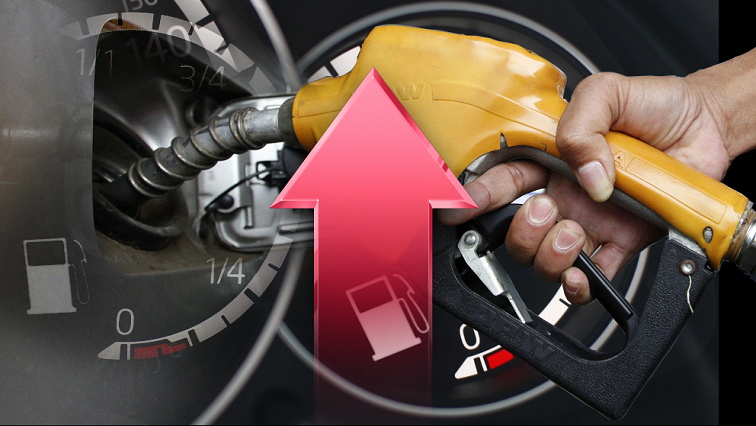The Department of Minerals and Energy is expected to make the fuel price adjustment announcement early next week, as fuel prices increase on the 1st of June.
Estimates based on the Central Energy Fund’s daily data suggest significant increases for petrol and to a lesser degree for diesel and paraffin. It is not just consumers who will feel the heat, but businesses as well.
Global oil prices remain elevated, currently trading around 115 dollars a barrel. The local currency has been vulnerable to bouts of weakness due to a firmer dollar. These factors are translating into higher fuel prices at the pump overseas and locally.
AA spokesperson Layton Beard says, in terms of petrol prices, the data is showing an increase of up to R2.40 and R1.10 for diesel, while the price for illuminating paraffin will be around R1.54.
Watch: Major fuel prices hike for June
Grim picture
Every aspect of the economy, consumers and businesses alike will be hard hit by the fuel hike. “The impact is going to be quite severe and it’s going to have a ripple effect further down the economy on a macro level in terms of inflation,” Beards adds.
These prices certainly paint a very grim picture for South African consumers. The impending fuel increases will severely dampen industry and the wider economy. Players in the road and logistics arena say truck operating firms will have no choice but to pass on the costs.
Chief Executive Officer of Road Freight Association, Gavin Kelly, says that cost increase in operating a transport service will be felt most by the customer.
“There’s no other answer to that. Because the second part of that is that if you expect a transporter to absorb those costs, then the transporter will just go out of business. It’s just not affordable. The margins are very thin,” Kelly explains.
There are concerns that the elevated fuel prices will not budge for some time and there’s a general consensus that the government needs to start thinking out of the box on working toward a sustainable economy.
Several opposition parties and civil society groups have urged government to intervene to mitigate the effects of the hefty hike. Minister in the Presidency Mondli Gungubele briefed members of the media last week following a cabinet meeting last Wednesday.
Kelly says Africa has oil supplies and that perhaps it is time for an African country such as South Africa within the African community to discuss the need to sell oil among African countries at a level that will ensure that the African economy doesn’t collapse. He assures that in this way there will be some latitude for all team players.
In the short term, however, higher fuel prices will add to the slew of other higher expenses. South Africans will not be spared from a higher inflation rate, which is likely to see continued interest rate hikes from the Reserve Bank.






